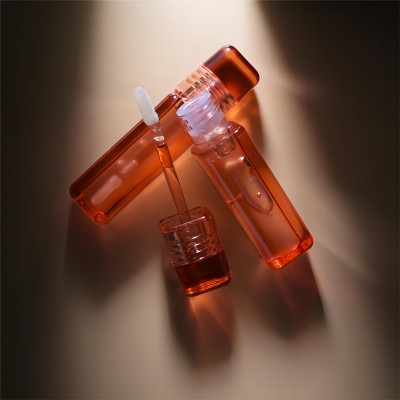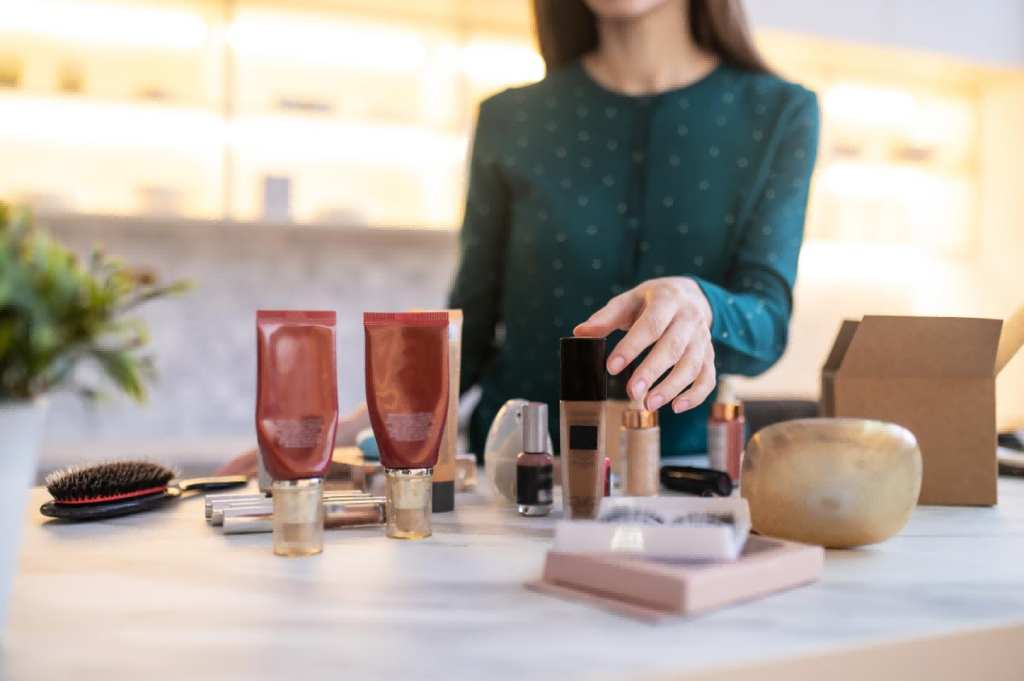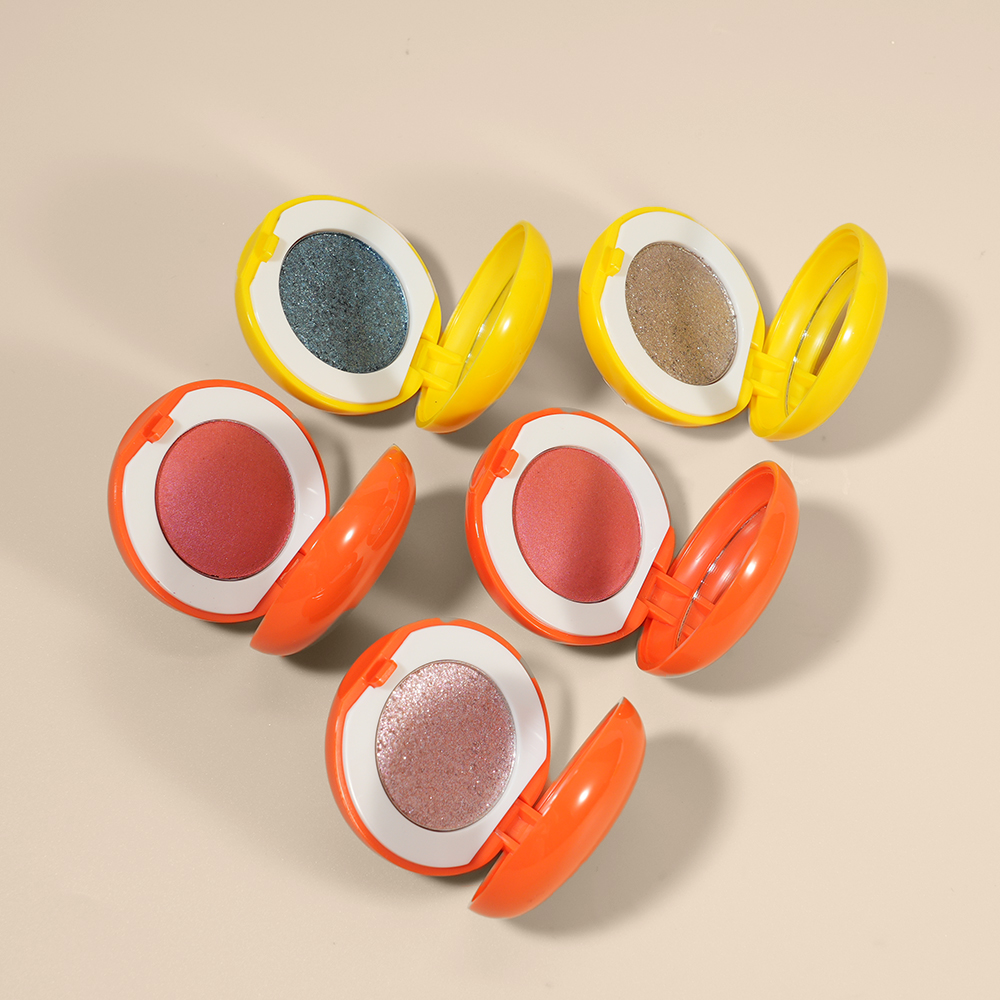Legal Aspects of Reselling Makeup from Wholesale Suppliers
 Why Do We Resell Makeup
Why Do We Resell Makeup
Reselling makeup entails buying cosmetic goods in large quantities from wholesale vendors. These are then sold to customers or stores for a profit. This approach captivates business starters. It removes the necessity to create new products. Instead, resellers prioritize obtaining excellent items. They also focus on shaping a brand image and promoting to specific groups. The worldwide cosmetics sector, valued at $380 billion in 2023, provides numerous chances. Resellers can cater to varied customer tastes, from powder-based eyeshadows to oil-based lipsticks. By utilizing vendor partnerships, resellers offer a broad array of goods. They also keep pricing competitive.
Legal Considerations for Reselling Makeup
Exploring the legal terrain is vital for a prosperous makeup resale venture. Essential factors include securing required permits, guaranteeing product safety, and safeguarding creative rights. A standard business permit is usually needed. A seller’s permit may be necessary for tax collection. For global reselling, import/export permits are crucial. They ensure adherence to customs rules. Moreover, resellers must steer clear of trademark violations. They should confirm the genuineness of sourced goods. They must also ensure their branding is unique.
Compliance with FDA and EU Regulations
Product safety and labeling adherence are non-negotiable in the cosmetics field. Two of the strictest regulatory systems are the U.S. Food and Drug Administration (FDA) guidelines and the European Union (EU) Cosmetic Regulation (EC) No 1223/2009. These rules oversee ingredient safety, labeling precision, and production methods. They aim to protect buyers.
FDA Regulations
In the U.S., the FDA oversees cosmetics under the Federal Food, Drug, and Cosmetic Act. Unlike medicines, cosmetics need no pre-market approval. Yet, they must be safe for users. Key demands include:
- Ingredient Safety: All components must be proven safe. The FDA prohibits harmful substances like mercury and chloroform.
- Labeling: Products must list components in descending order of amount. They must include net weight and usage directions.
- Good Manufacturing Practices (GMP): Producers should follow GMP guidelines. This ensures steady quality.
To meet FDA rules, resellers must collaborate with vendors who supply Material Safety Data Sheets (MSDS). These vendors should also perform thorough testing. For instance, a 2022 FDA study found that 13% of imported cosmetics were held back. This was due to non-compliance. It highlights the value of trusted vendors.
EU Regulations
The EU’s Cosmetic Regulation is among the toughest worldwide. It requires a Product Information File (PIF) for each cosmetic item. This file contains safety evaluations, production details, and proof of adherence. Key demands include:
- Safety Assessment: A trained expert must perform a safety review before market entry.
- Ingredient Restrictions: The EU bans over 1,300 substances. The FDA bans only 11. The EU also limits 250 more.
- Labeling: Labels must show batch numbers and expiration dates. They must also include multilingual directions for EU markets.
In 2023, the EU noted that 85% of inspected cosmetic goods met compliance standards. This shows the regulation’s strictness.
How to Obtain FDA and EU Compliance
Achieving adherence involves multiple steps:
- Partner with Certified Vendors: Work with producers holding certifications like ISO 22716 or GMPC. These align with FDA and EU GMP standards. They ensure reliable production quality.
- Conduct Safety Testing: Vendors must carry out stability and microbiological tests. They should also do compatibility checks. For EU adherence, a Responsible Person (RP) must manage the PIF and safety reviews.
- Verify Documentation: Request MSDS, Certificates of Analysis (CoA), and PIFs from vendors. These confirm regulatory alignment.
- Engage Specialists: For EU markets, hire a toxicologist or regulatory advisor. They prepare safety evaluations. In the U.S., refer to FDA guidelines. Alternatively, use third-party auditors for compliance checks.
- Register Products: The FDA offers a voluntary Cosmetic Registration Program. However, EU rules require notification via the Cosmetic Products Notification Portal (CPNP) before market entry.
A striking success tale is GlowVibe, a U.S.-based reseller. It grew by partnering with an ISO 22716-certified vendor. GlowVibe ensured FDA-compliant labeling and ingredient safety. As a result, it expanded to 15 states. By 2024, it earned $2 million in revenue. Likewise, EuroChic, a UK reseller, used EU-compliant private label goods. It entered five European markets. After CPNP registration, it saw a 30% sales rise in 2023.
Key Factors to Evaluate When Choosing a Supplier
Choosing a trustworthy wholesale vendor is crucial for adherence and business triumph. Important factors include:
- Product Variety: Vendors should provide diverse types like foundations, lipsticks, and eyeshadows. This meets varied customer needs.
- Quality Assurance: Seek strict testing methods. These include stability and microbiological checks. In 2023, 92% of compliant vendors reported no product recalls.
- Certifications: ISO 22716 and GMPC certifications show alignment with FDA and EU standards.
- Lead Times: Prompt delivery ensures steady inventory. This is vital for meeting market needs.
A Reliable Wholesale Makeup Supplier
A dependable vendor is the foundation of a flourishing resale venture. Established producers with over a decade of expertise offer complete solutions. These range from product design to packaging. Their research teams craft fresh formulas monthly. This keeps them relevant in the market. For example, a top vendor’s global network covers Europe (46%), South America (28%), and North America (16%). This shows their ability to meet varied regulatory demands. Their dedication to FDA and EU adherence is clear. They hold certifications and conduct thorough testing. This eases the reseller’s compliance process.
FAQs on Reselling Makeup from Wholesale Suppliers
Do I need a license to resell makeup?
Yes, a standard business permit is usually required. A seller’s permit may also be needed for tax purposes. Global reselling may require import/export permits.
How can I ensure FDA and EU compliance?
Collaborate with certified vendors. Verify documents like MSDS and PIFs. Engage regulatory specialists for safety evaluations and product registration.
What happens if I sell non-compliant products?
Non-adherence can lead to product recalls, fines, or legal action. In 2023, the FDA issued 120 warning letters to non-compliant cosmetic businesses. This underscores the risks.
By prioritizing FDA and EU adherence, resellers can build a legally robust venture. They can also foster buyer trust. This leads to lasting success in the vibrant makeup industry.






 Why Do We Resell Makeup
Why Do We Resell Makeup